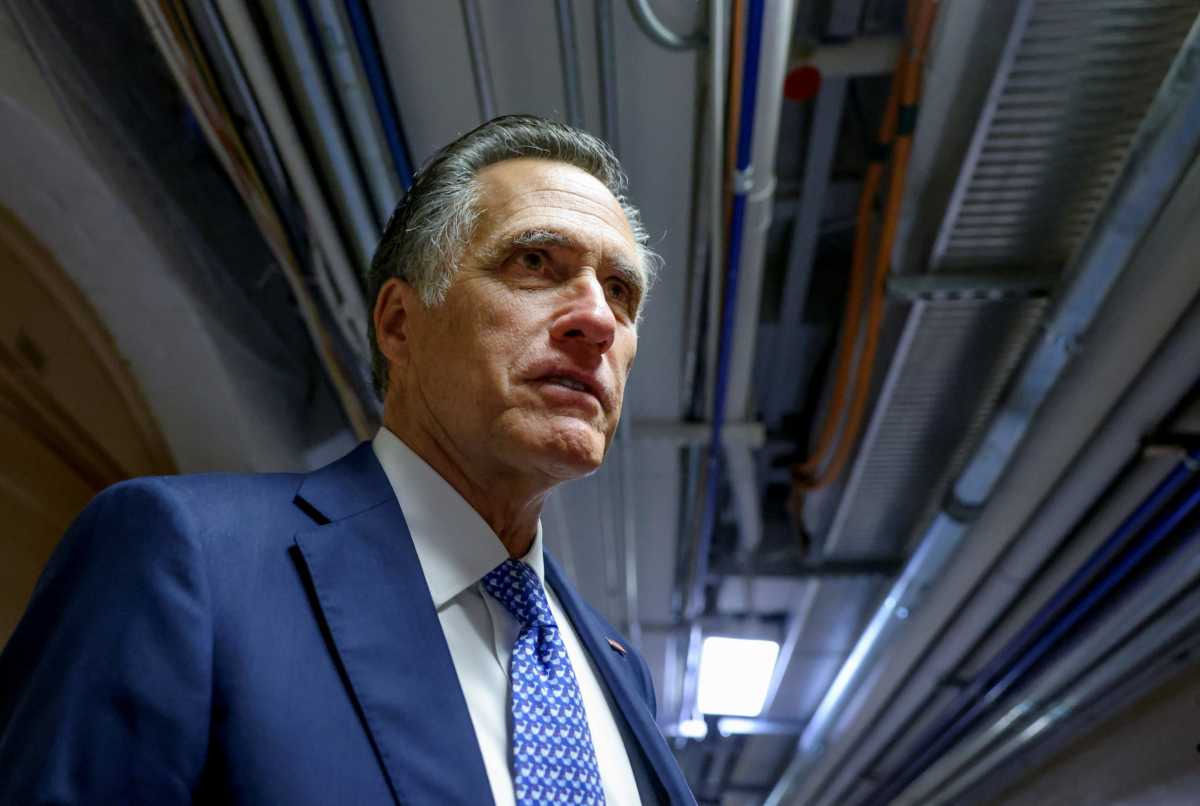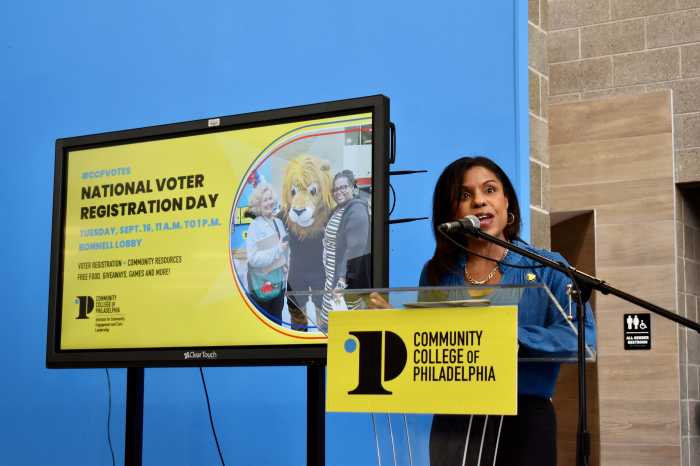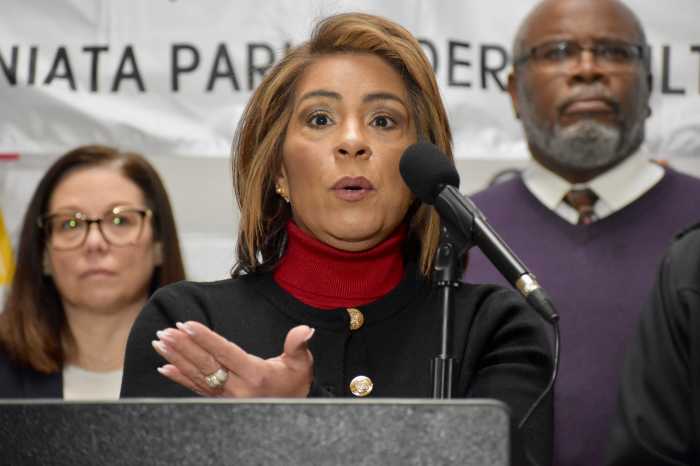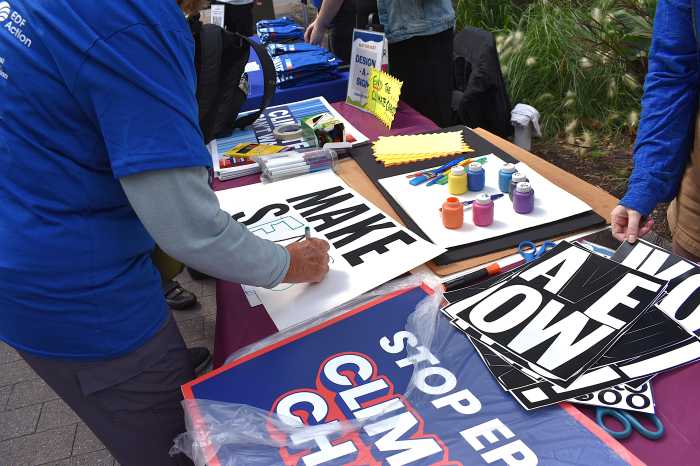By David Morgan and Susan Cornwell
A bipartisan group of 10 senators is discussing whether it is possible to revitalize U.S. roads and bridges without raising taxes, lawmakers said on Wednesday, a day after President Joe Biden rejected a separate Republican proposal.
Revamping America’s infrastructure is a high priority for Biden, but his sweeping $1.7 trillion proposal has run into trouble in a Congress only narrowly controlled by his fellow Democrats, making Republican support pivotal.
Republican Senator Mitt Romney told reporters that members of the group have reached “tentative conclusions” on their plan. It is expected to total nearly $900 billion.
“We’re not raising taxes,” Romney told reporters. “We’re going to be talking to other members to see if we can get enough support for this to have the necessary votes to be successful.”
A Democratic member of the group, Senator Jon Tester said he would be willing to look at funding an infrastructure plan without raising taxes — though he was not committed to that approach.
“I would consider it, sure,” Tester said. “I think there’s plenty of pots of money out there — hopefully they’re not all smoke and mirrors.”
Some liberal members of Biden’s Democratic Party — which holds razor-thin majorities in both chambers of Congress — have become frustrated by the long-running talks, and worried they will lead to a far smaller deal that does not include party priorities including funding for schools and home health care.
The bipartisan group includes Republicans Romney, Rob Portman, Bill Cassidy, Susan Collins and Lisa Murkowski, and Democrats Tester, Kyrsten Sinema, Joe Manchin, Mark Warner and Jeanne Shaheen.
“Taxes would be a huge mistake and I think the Biden administration understands that,” Portman said.
Cassidy, who spoke to Biden about infrastructure by phone on Tuesday, predicted that any plan containing tax hikes would not receive enough Republican support to pass the Senate. That chamber’s rules require 60 of its 100 members to agree to pass most legislation.
Biden has proposed raising taxes on U.S. corporations to help fund a sweeping package that would address physical infrastructure projects as well as climate change and social programs. Republicans have shown no appetite for tax increases, having strongly backed a 2017 tax cut law signed by former President Donald Trump.
Romney and Portman said members of the group have not settled on a total amount of infrastructure spending and declined to discuss specific provisions they would pursue.
Portman said the group is looking at funding mechanisms for their proposal that could face Democratic resistance including unspecified user fees and tapping into funds for COVID-19 pandemic-related unemployment payments to individuals that some states have returned to the U.S. Treasury.
“I think the White House is interested in talking with us about appropriate ways to look at some COVID funding that’s being sent back,” said Portman, adding that lawmakers have also considered an infrastructure bank to fund projects.
The Senate is divided 50-50, with Democrats in control because Vice President Kamala Harris can cast a tie-breaking vote.
Biden broke off talks on Tuesday with Republican Senator Shelley Moore Capito, who had headed a six-member Republican team including party leaders and top members of relevant Senate committees.
Capito had offered Biden $330 billion in new infrastructure spending, far short of what he has sought.
Cassidy said the bipartisan nature of his group could make a difference. “That softens the White House line, potentially,” the Louisiana Republican told an online forum. “It may allow Republicans to be a little bit more giving.”
The 10 senators now working on a new plan are part of a larger 20-member bipartisan group, known as the G-20, that includes Capito. Portman said he would continue to work closely with Capito and her team.
Reuters






















